The benefits of eating this ‘nutritional powerhouse’

What comes to mind when you think of caviar? An appetizer when you’re dining at a fancy restaurant? A special occasion treat around the holidays? A dip when you’re looking to mix up condiments?
Cleveland Clinic is a non-profit academic medical center. Advertising on our site helps support our mission. We do not endorse non-Cleveland Clinic products or services. Policy
However you see it, chances are, you’re probably not thinking of caviar as a food that offers multiple health benefits. But dietitian Patricia Bridget Lane, RDN, LD/N, characterizes the delicacy — which are fish eggs that come from a sturgeon — as a “nutritional powerhouse.”
Not all caviar looks and tastes the same. It can be different colors — red and black are common — and different sizes. “A red, bigger caviar is going to taste more on the spectrum of having a salmon taste, like a fishy taste,” Lane says. “Whereas the smaller ones are salty and are not as fishy.”
Regardless of its size, color and taste spectrum, caviar offers an array of health benefits.
Caviar is very high in vitamin B12, which is crucial to your body functioning normally. “Caviar covers almost 236% of the recommended daily value,” Lane says. Not only does vitamin B12 help remedy fatigue and weakness, but it also helps you develop protein, red blood cells and nerve cells — and assists in the breakdown of down fats and carbs.
In addition, caviar is high in omega-3 fatty acids. These good fats improve your mood and memory (among other things, they also help protect your brain cells) and are critical to components of a healthy pregnancy, maternal nutrition and infant development.
“There’s this misconception that if something is high in fat, it’s unhealthy because fat per gram has more calories than proteins and carbs,” Lane says. “Many people also think that caviar’s bad for you because it’s high in fat. However, we need about 25% to 35% fat in our diet daily — and caviar is a great way to consume a good fat twice a week, if you’re able to.”
Lane notes that caviar is also commonly found in cosmetic products, “especially those that are high-end, anti-aging skin products.” This is another byproduct of being rich in omega-3 fatty acids, which studies have linked to helping skin recover from damage.
Omega-3 fatty acids, as well as vitamins A and E, can also help with certain skin conditions. “Consuming caviar regularly can help combat dermatitis, scaly skin and rough skin,” Lane notes.
These fish eggs are high in vitamin C, vitamin E and vitamin A, all of which help boost your immunity. “Your micronutrients are just as important as your macronutrients,” Lane says. “As dietitians, we advocate for a well-balanced diet, and that people are getting all of the health benefits when they’re ingesting food.”
Caviar is very high in zinc, magnesium, iron and calcium. Calcium’s presence is especially important. “If someone has a lactose allergy or doesn’t consume dairy, caviar offers a great opportunity for them to get calcium in their system,” Lane says. Calcium is also important for long-term bone health. “Arthritis and osteoporosis are common as people age, so it’s really important to focus on consuming calcium and vitamin D early on, when we’re younger,” Lane notes. “If you’re young and like to go out, go get some caviar and up your calcium intake.”
You don’t typically eat caviar as a separate dish or standalone snack. Instead, it’s often used as a spread on baguettes, a dip for potato dishes or even as a garnish. “If people don’t like the taste of fish or caviar, one of the unique things is that it’s so small that you can probably put it on a salad and still reap the health benefits without having to skip it,” Lane says.
Caviar is high in fat, so she cautions not to go overboard with your serving size or frequency. Lane notes no more than two times a week is recommended. “Most people don’t consume caviar on a pretty regular basis because it’s expensive and it’s more considered a delicacy,” she says. “It’s always a good idea to watch how much you are eating of it. Too much of a good thing is not always a good thing because it can contribute to elevated triglycerides and cholesterol.”
Besides that, Lane emphasizes that caviar is still a fantastic way to boost your health. “Caviar is not meant to be eaten by the cup, it’s more meant to be sprinkled on food or eaten by the teaspoon,” she advises. “A little goes a long way.”
Learn more about our editorial process.
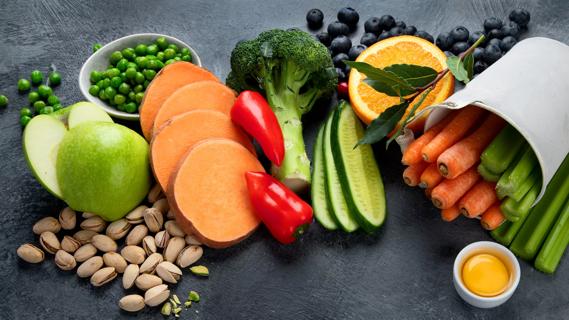
This powerful carotenoid can help with your eye and skin health, LDL reduction and cognitive function
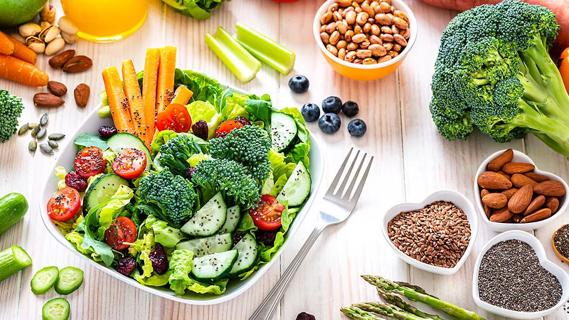
These typically colorful plant-based substances provide various health benefits that help protect you from disease

When it comes to getting proper nutrition, your assigned sex can play a role — but there’s more to it than that
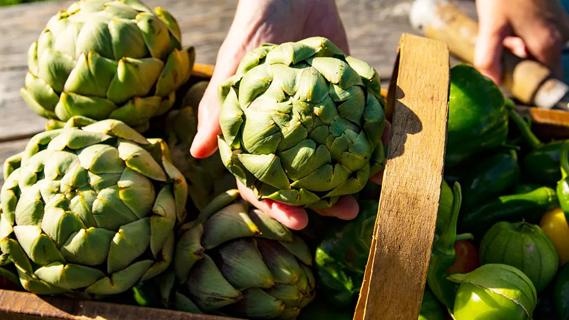
This unique-looking veggie is fiber-dense and antioxidant-rich, and can improve the health of your gut, liver and heart
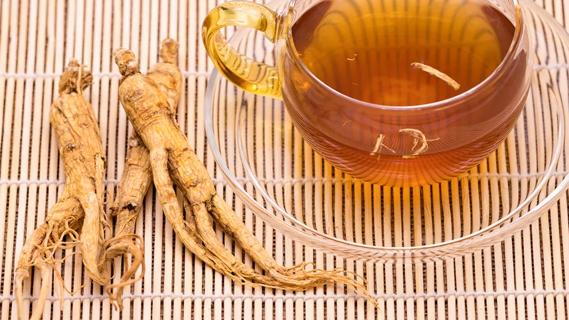
Two types of ginseng work in different ways to help improve energy, immunity and heart health
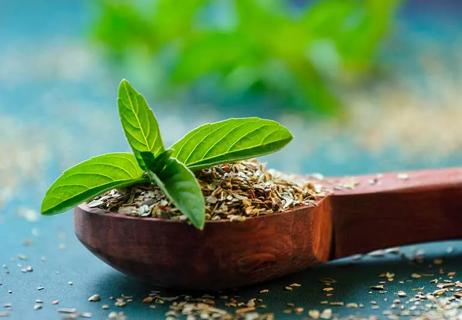
This herb offers different potential benefits from the basil you find in pesto

Be sure to check the labels of common foods like canned tuna, bread, hot dogs and chocolate

These naturally occurring chemicals may cause health issues when added to some foods

Your metabolism may torch 1,300 to 2,000 calories daily with no activity

A gentle touch in all the right places may help drain your sinuses